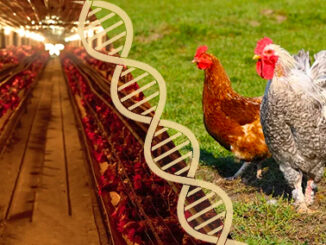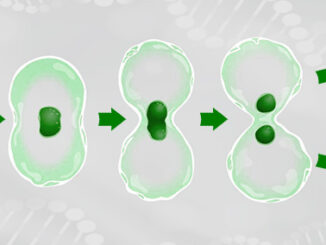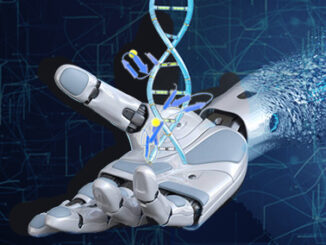Breaking the Cycle: Promising Epigenetic Breakthrough in Opioid Addiction Relapse Prevention
Opioid misuse has led to an unprecedented crisis, with more than 3 million people in the United States experiencing dependence or addiction (1). Despite the success of in-patient rehabilitation programs, relapse rates are approaching 90%, creating a critical need for effective relapse prevention strategies (2). To address this, researchers from Boston University and Icahn School of Medicine asked whether long-term changes in gene transcription occur after opioid withdrawal. Their analyses identified a novel epigenetic mechanism involved in difficult withdrawal symptoms [more…]











